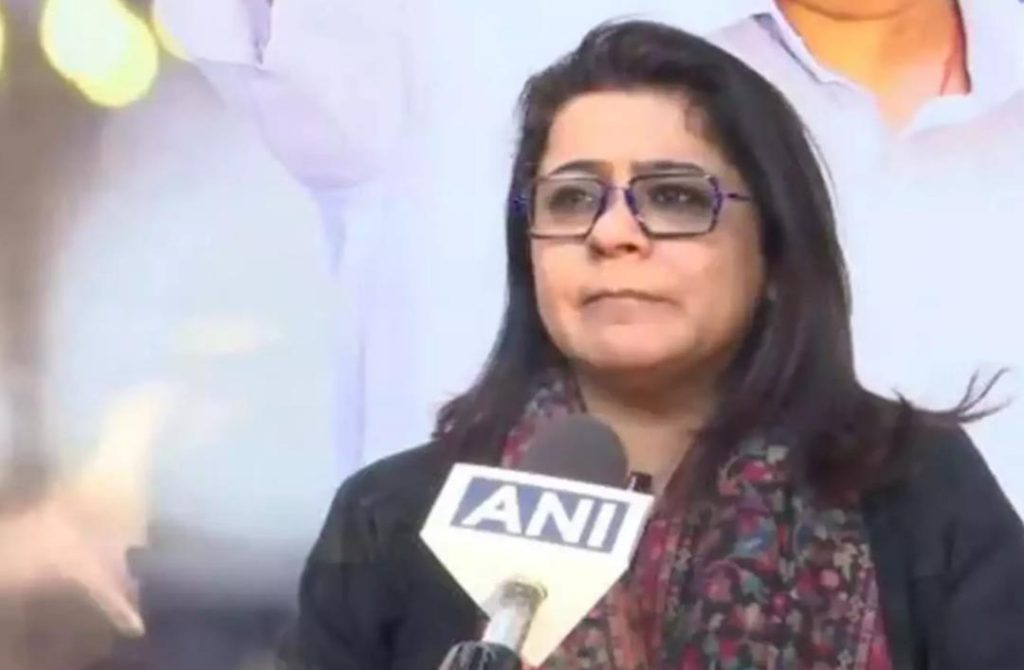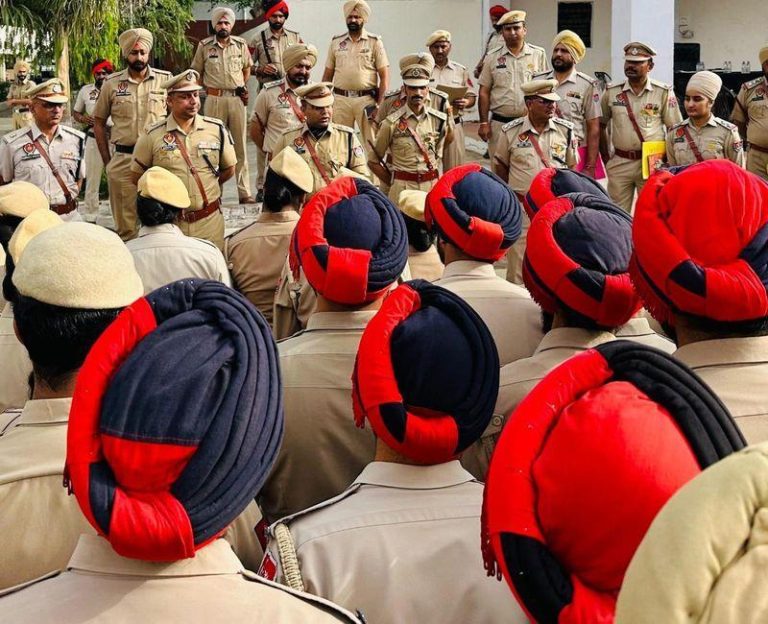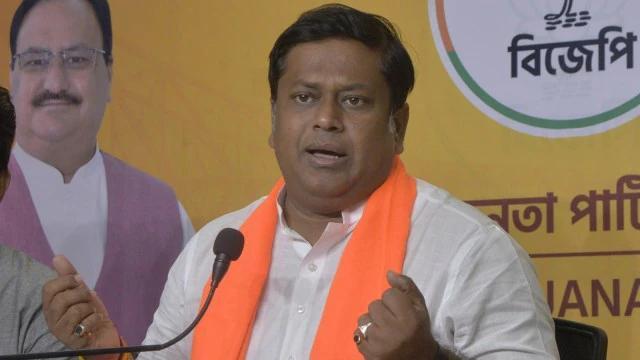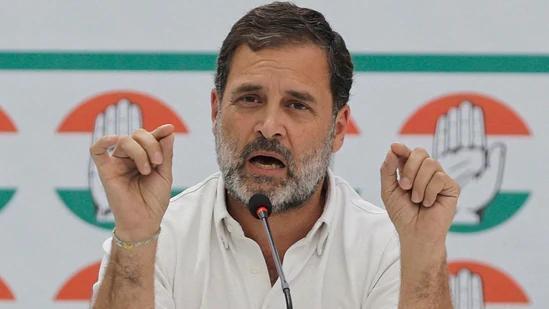
BJP’s allegations on Jain a desperate attempt: AAP’s Spokesperson
The Delhi Anti-Corruption Branch (ACB) has booked Delhi Minister Satyendar Jain in a case related to alleged corruption in the ₹571 crore CCTV project. As a result, the Bharatiya Janata Party (BJP) has launched a scathing attack on Jain, claiming that he has accepted a ₹7 crore bribe to waive a ₹16 crore fine. However, AAP’s Spokesperson Priyanka Kakkar has dismissed these allegations as a “desperate attempt” by the BJP to tarnish the reputation of her party leader.
In a statement, Priyanka Kakkar said, “The allegations made by the BJP are a clear indication of their desperation to distract the people of Delhi from their own failures. Instead of acting against those who have looted public money and fled, the BJP is trying to deflect attention by targeting our leader.”
Kakkar’s statement came after the ACB registered a case against Jain under various sections of the Prevention of Corruption Act. The case is related to alleged irregularities in the CCTV project, which was undertaken by Jain during his tenure as the Health Minister of Delhi.
The BJP has been quick to pounce on the allegations, with their leaders calling for Jain’s immediate resignation. However, the AAP has rejected these demands, saying that the allegations are baseless and aimed at tarnishing Jain’s reputation.
The AAP has been critical of the BJP’s handling of corruption cases in the past. Kakkar said, “The BJP has a history of shielding corrupt officials and politicians. They have never taken any action against those who have looted public money and fled. Instead, they have always tried to cover up their tracks.”
The AAP has also accused the BJP of trying to divert attention from its own failures. Kakkar said, “The BJP is trying to shift the focus from their own failures to distract the people of Delhi. They are trying to create a diversion to take attention away from their own corruption and scandals.”
The AAP has been in power in Delhi since 2015, and has been credited with several progressive initiatives, including the implementation of free Wi-Fi and the introduction of the odd-even traffic scheme. However, the party has also faced criticism for its handling of corruption cases, with many accusing it of shielding its own leaders and officials who have been involved in corrupt practices.
In recent months, the AAP has faced several corruption scandals, including allegations of irregularities in the Delhi government’s flagship program, the Mohalla Clinic scheme. The party has denied all allegations of corruption, but the scandals have damaged its reputation and eroded public trust.
Despite these challenges, the AAP remains a significant political force in Delhi, and its leaders continue to enjoy widespread support among the city’s residents. The party’s ability to navigate the complex web of corruption allegations and scandals will be crucial in the run-up to the next state assembly elections, which are due to take place in 2024.
In conclusion, the allegations made by the BJP against Satyendar Jain are a desperate attempt to tarnish his reputation and distract the people of Delhi from their own failures. The AAP has rejected these allegations and called for action against those who have looted public money and fled. As the political landscape in Delhi continues to evolve, the AAP’s ability to navigate corruption allegations and scandals will be crucial in determining its future success.






